1 |
The graduate student and faculty campaigns are separate. Grads and faculty will be in separate bargaining units with their own elected officers. They will bargain and vote separately on their contracts. |
2 |
The United Steelworkers (USW) already represents many academic workers. The USW has an arm called the Academic Workers Association that organizes faculty, grad workers, and staff. The USW represents more than 10,000 academic workers in the US and Canada, including hundreds of faculty members in the Pittsburgh area. |
3 |
The union will include and represent all departments and campuses. Grads and faculty in each department will typically elect their own stewards to represent their interests and concerns. This way, no school or department will decide what’s best for the others. Instead, we can work together to build the power we need to end unfair practices that currently affect all of us. |
4 |
The faculty and grads will set their own bargaining priorities. When it’s time to negotiate with the administration, the faculty and grads will elect separate bargaining teams. The USW will provide expert negotiators, lawyers, and researchers, but it is up to us to decide what we want to propose, after collecting input about what is most important to our colleagues. |
5 |
A contract with the university will only take effect when approved by a majority vote. Voting for a union does not mean you are giving other people a “blank check” to negotiate whatever they want. The status quo is the legal starting point for all negotiations, and a contract does not take effect until it is ratified in a vote by those it covers. |
6 |
Dues are only collected after a contract is approved. Standard dues with the USW are 1.45%. It is exceedingly rare for workers in any setting to approve a first contract that doesn’t include, at minimum, a raise sufficient to cover dues. About half of these funds will remain with our local union to use for the advancement of our interests, as we see fit. The remainder will go towards paying our trainers, membership educators, legal staff, civil and women’s rights departments, and organizers in the USW International. It is illegal for any dues monies to go towards political campaigns or candidates. |
7 |
The union campaigns are for all faculty and grads. Our faculty union will represent everyone, from adjuncts to tenured professors. It will aim to improve conditions for all faculty members by working to raise minimum standards, not set maxima or level salaries across schools or departments. The grad campaign similarly covers all graduate student employees. This includes international students, who have the same rights and protections under the law as citizens. |
8 |
A grad union will not prevent you from doing your work. For Pitt and our union to thrive, graduate students must thrive. The task ahead will be to find a way to ensure all grads are able to do their work while also making sure that we are not pushed so far that it creates health or safety issues. Grad unions across the country have been able to make sure work gets done while protecting the rights and well being of grad workers. This is especially important to our colleagues working as researchers. |
9 |
Your union cannot force you to go on strike. A strike at Pitt will only occur if the members of your local union vote for it. Even then, a union cannot force any individual member to participate. 98% of USW contracts are settled without a strike. |
10 |
Neither the university administration nor your department has the right to tell you not to talk to your colleagues about the union or attend union events. Some administrators have suggested that it is unwise to attend union events, or even that there is a “rule” against doing so. No such rule exists, and no employer has the legal or moral right to tell its employees that they may not communicate with each other, especially outside of work. This is doubly true at a university that values academic freedom. |
| 10-facts-about-pitt-union-organizing-pfu-2017.pdf | |
| File Size: | 116 kb |
| File Type: | |

